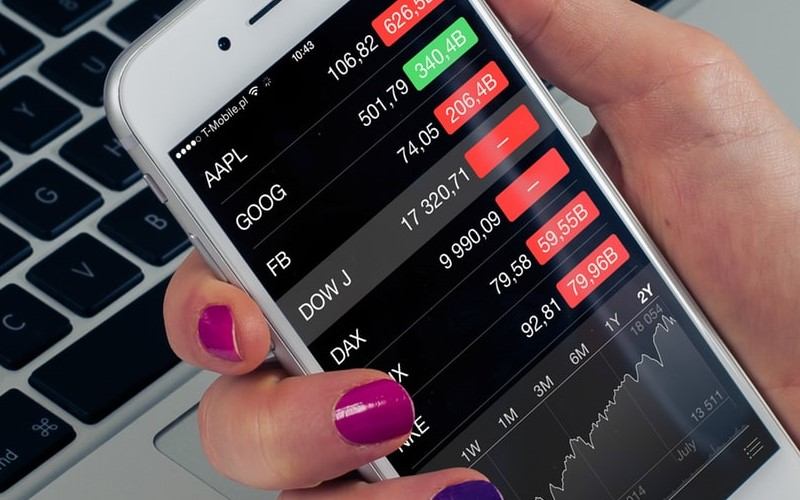SelfWealth General Manager of Marketing Jarrod Purchase told Savings.com.au the banking royal commission shook up the trust in banks, suggesting many investors may have turned their backs on bank-run share trading platforms, instead trading through non-bank online brokers such as SelfWealth.
"At the end of the day, banks are banks, but we are a transparent, publicly-listed company trusted by over 22,000 active investors and growing," Mr Purchase said.
Expensive brokerage costs could also be having an effect, with SelfWealth's flat brokerage fee of $9.50 considerably cheaper than what the big four bank trading platforms typically charge:
- ANZ: $19.95 up to $5,000; $24.95 up to $10,000; $29.95 up to $18,000; $29.95 up to $28,000; 0.11% over $28,000, with discounts on some brackets if you make more than one trade in a month.
- Westpac: $19.95 or 0.11% trade value (whichever is greater)
- CommSec (Commonwealth Bank share trading): $10 on the first $1,000; $19.95 up to $10,000; $29.95 up to $25,000 and 0.12% over $25,000.
- NAB: $14.95 up to $5,000; $19.95 up to $20,000; 0.11% over $20,000
(Source: Providers' websites. Prices were correct at the time of writing, and may be subject to change.)
Mr Purchase said the costs of investing are what investors can have control over.
"No one has a crystal ball as to how the market will play out, but they can choose to reduce their costs," he said.
"Australian investors understand this, that’s why they’re coming to us in droves from competitors, and why new investors are also choosing SelfWealth.
"Fewer fees means there is more capital invested, resulting in a higher compounding return overtime."
Compared to other non-bank online brokers, SelfWealth's brokerage fee is competitive:
- CMC Markets: $9.90 up to $5,000; $10 up to $10,000; $20 up to $20,000; $50 up to $50,000
- OpenMarkets: $13.95 up to $19,930 trade value, or 0.07% above $19,930.
(Source: Providers' websites. Prices were correct at the time of writing, and may be subject to change.)
Investing in shares in a low-interest environment
While past performance is not a reliable indicator of future performance, and share trading is generally much more risky than a term deposit or savings account, many Australians are jumping into share trading to 'get ahead'.
"The growth we have seen in new traders on our platform supports the notion that more and more people are getting into investing," Mr Purchase said.
"We naturally receive a lot of new investors, as we are a simple and low-cost solution.
"Low interest rates means that money is cheap for investment loans and it’s also forcing Australians to search for value outside of term deposits or high-interest savings accounts.
"For younger generations that want to save for a house deposit, they’re having to look to the stock market for value as a house deposit nowadays is too large to simply save for."
As per the graph above, RBA data indicates savings accounts rates have experienced a sharp decline since 2011.
Generally, the highest ongoing rate on savings accounts today hovers around the 2.00% mark, however some accounts may be subject to conditions such as minimum monthly deposits, no withdrawals or minimum card transactions per month.

Ready, Set, Buy!
Learn everything you need to know about buying property – from choosing the right property and home loan, to the purchasing process, tips to save money and more!
With bonus Q&A sheet and Crossword!

.jpg)